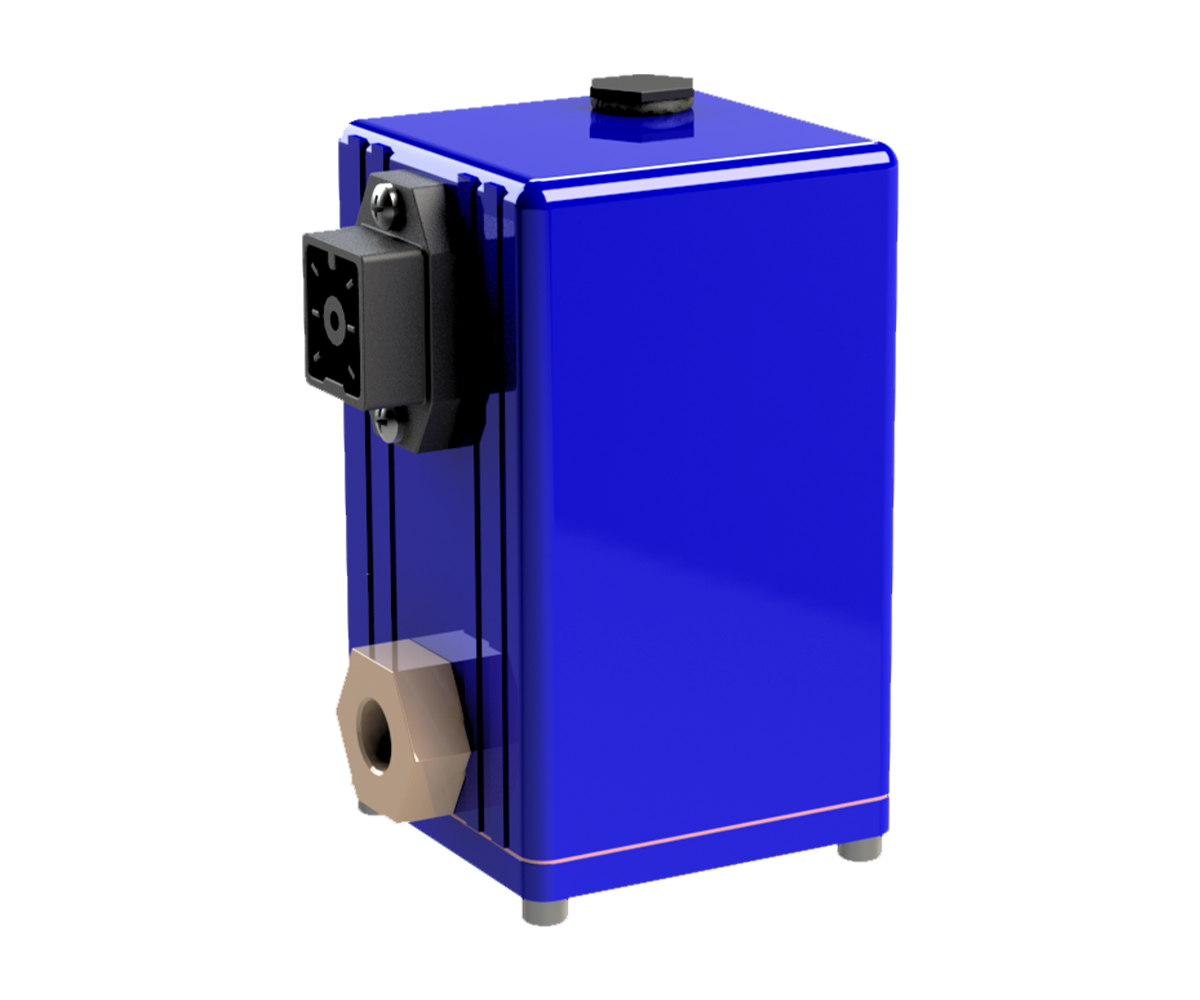ISQB Pressure Regulator
The ISQB is a legacy part. Please see the ISQBX for the newest version.
The ISQB control valve is an electronic pressure regulator designed to precisely and proportionally control the pressure of gases based on an electronic signal.
- Full vacuum to 150 PSI (10.34 Bar)
- Flows up to 0.8 SCFM
- FM approved and rated intrinsically safe for hazardous locations (see below for complete classification)
The FM Approved Intrinsically Safe ISQB operates using two normally closed solenoid valves, a pressure sensor and a control circuit. One valve is actuated to allow unregulated supply media into the system. The second valve actuates to allow working media to vent to atmosphere. The pressure sensor provides feedback to the control circuit. The control circuit compares the pressure sensor feedback to the user supplied electronic command signal and actuates the appropriate valve until the two signals match.
Accuracy ±
Repeatability ±
Max Flox (SCFM)
Max Ps (PSI)
- Technical Specs
- Downloads & Links
Technical Specs
| Pressure Range | Vacuum thru 150 PSI (10.3 Bar) |
| Accuracy | ±0.5% F.S. |
| Repeatability | ±0.5% F.S. |
| Max Flow | 0.8 SCFM (23 LPM) |
| Port Size | 1/8″ NPT (BSPP Available) |
| Durability | Immune to shock & vibration (up to 25 Gs) |
| Operating Temps | 32-104°F (0-40°C) |
| Filtration | 40 Micron |

